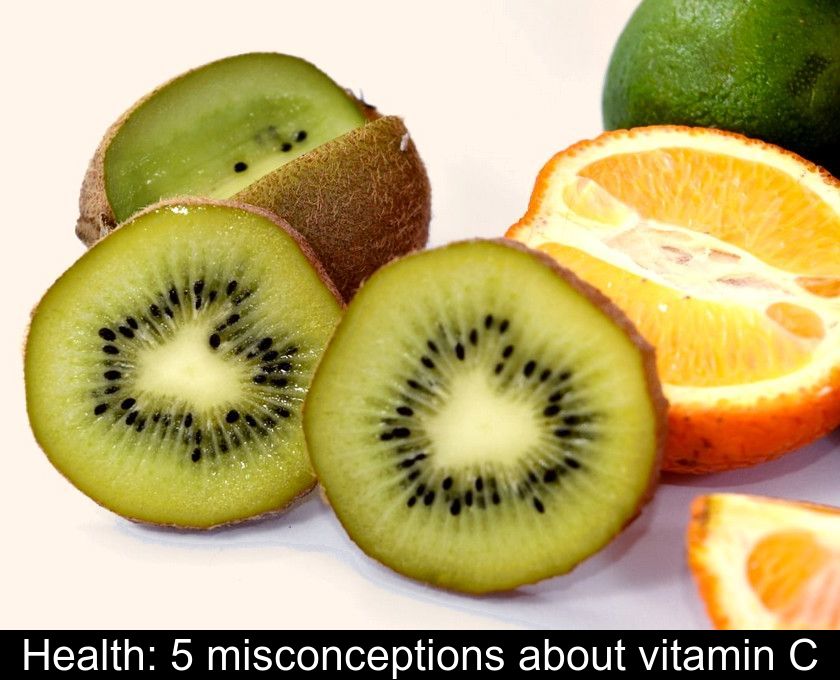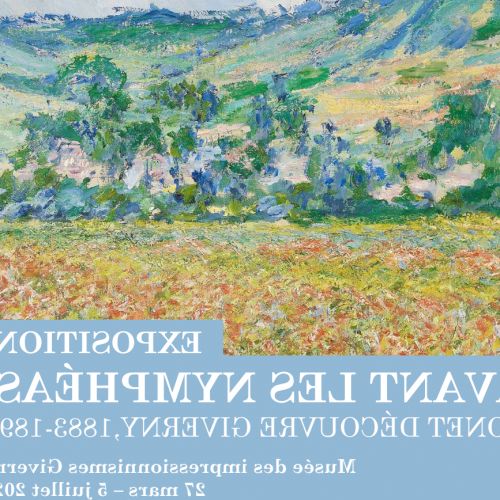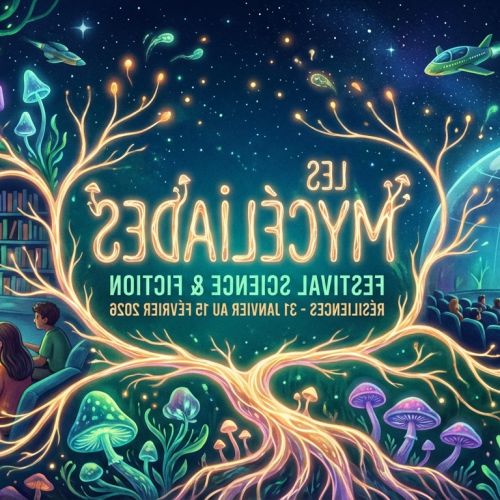Health: 5 Misconceptions About Vitamin C
A flagship product in the food supplements section, vitamin C is considered by some to be a veritable panacea for fatigue, antioxidant and anti-infection. But are all these benefits proven? We propose to decipher 5 preconceived ideas about this famous vitamin.
1- Vitamin C gives energy
When we mention vitamin C, we immediately think of its anti fatigue effect. But in reality, this vitamin is not a tonic or an exciter in the strict sense.
If it allows you to better resist winter viruses, it is because it boosts the body's immune defenses.
This vitamin also helps to fight against fatigue because it allows a better assimilation of iron and prevents anemia.
2- Vitamin C can prevent sleep
Since vitamin C is not exciting, the idea that it keeps you awake is also false.
Not only is this vitamin not the enemy of your sleep, but it has been shown in hamsters to promote theta waves in the brain.
Now, these waves correspond to a state of deep relaxation that rather favors falling asleep.
To note: it was long thought that this vitamin prevented sleep because of the formulation of the first effervescent tablets rich in glucose (which, in turn, can be exciting).
If you opt for a sugar-free supplement, you won't have to worry about this annoying side effect.
3- Vitamin C is effective against the common cold
Vitamin C is also known to be effective against the common cold.
A study conducted in 2013 had indeed revealed the interest of this micronutrient to reduce the duration of symptoms of a common cold.
However, new work published in 2018 concluded that this vitamin has little to no effect on the duration of the common cold.
This vitamin, also known as ascorbic acid, is still beneficial to our health because :
- it helps strengthen our immunity by optimizing the action of white blood cells
- it participates in the synthesis of collagen
- it has several antioxidant, anti-anemic and antihistaminic properties.
4- Eating 2 fruits is enough to cover your daily needs
In France, the recommended intake for adults is 110 mg of vitamin C per day and a little more for pregnant women, smokers, and people over 75.
It is enough to have a balanced diet rich enough in fruits and vegetables to reach this amount.
Some vegetables such as blackcurrant, kiwi, citrus fruits, red pepper and cruciferous vegetables are richer in ascorbic acid than others.
But, contrary to popular belief, it is not enough to eat two oranges or two kiwis a day to reach the recommended daily intake.
It should be noted that this vitamin is particularly fragile. It is quickly destroyed by contact with air and light or during cooking.
This is why it is recommended to:
- to favour short circuits for its purchases
- not to store food but to consume it quickly after purchase
- eat vegetables raw or cooked at low heat, i.e. steamed or in foil.
To note: if you harvest vegetables from your garden, try to eat them right after picking: that's when they are richest in nutrients, including the precious vitamin C.
5- In high doses, vitamin C can be toxic
Even if you take a course of vitamin tablets while eating fruit, there is no risk of overdosing.
This is because vitamin C is water soluble and when it is absorbed in too large an amount, it is eliminated through the urine.
It is non-toxic because it does not accumulate in the body. The only drawback in case of high dose is its laxative effect.
Caution: vitamin C supplementation is contraindicated for people who suffer from kidney stones. Indeed, Kidney stones are composed of oxalic acid and are formed from ascorbic acid.









